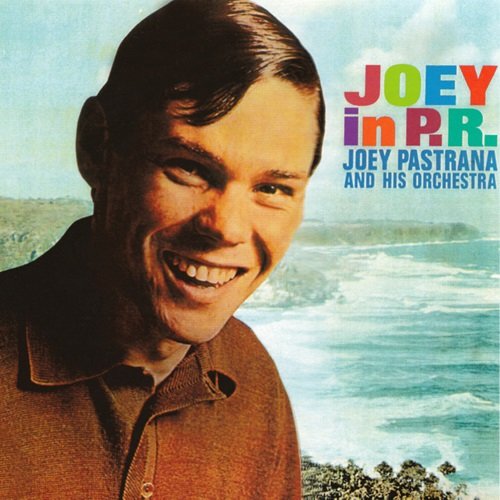Punch Brothers - The Wireless (2015) Hi-Res
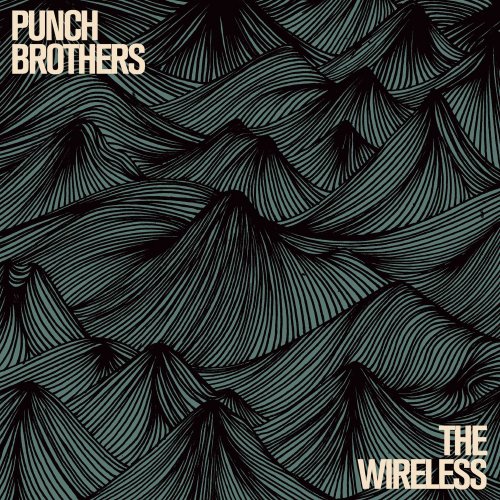
Artist: Punch Brothers
Title: The Wireless
Year Of Release: 2015
Label: Nonesuch
Genre: Folk, Bluegrass, Singer-Songwriter
Quality: FLAC (tracks) 24bit-96kHz
Total Time: 22:12
Total Size: 456 Mb
WebSite: Album Preview
Tracklist: Title: The Wireless
Year Of Release: 2015
Label: Nonesuch
Genre: Folk, Bluegrass, Singer-Songwriter
Quality: FLAC (tracks) 24bit-96kHz
Total Time: 22:12
Total Size: 456 Mb
WebSite: Album Preview
1. In Wonder (5:46)
2. The Hops of Guldenberg (4:53)
3. Sleek White Baby (3:35)
4. No More. Yet (4:31)
5. Clementine (3:27)
Chris Thile spent the early '00s as frontman and principal songwriter of the progressive bluegrass trio Nickel Creek, but he's shifted his focus to Punch Brothers, a quintet who churn out the same dexterous roots music with more oomph. The Wireless EP finds the group bridging last year's The Phosphorescent Blues with their next avant-American LP.
Few modern roots musicians have amassed the critical acclaim and international popularity enjoyed by the honey-voiced, quick-fingered mandolinist Chris Thile. As the frontman and principal songwriter of the progressive bluegrass trio Nickel Creek, the California-born musician spent the early '00s pushing an invigorating, risk-taking acoustic melange he dubbed "newgrass", imbuing an art form commonly thought of as static with modernist quirks. Since then—Nickel Creek's 2014 reunion notwithstanding—Thile has shifted focus to Punch Brothers, a quintet who churn out the same dexterous roots music with a little more *oomph. (*Meanwhile, Thile’s Nickel Creek comrades Sean and Sara Watkins issued Watkins Family Hour, an LP birthed from the siblings’ monthly residency at Los Angeles’ Largo). Along the way, he’s won a Genius Grant and released several successful solo albums. Next year, he’ll host A Prairie Home Companion.
Recorded during the same sessions that beget their last album, last year’s T-Bone Burnett-produced The Phosphorescent Blues, Punch Brothers' latest, The Wireless EP*,* combines three cuts previously included on that record's deluxe vinyl edition with two never-before-heard tracks, bridging their most recent musical statement with their next avant-American LP. The collection’s diverse blend of pensive instrumentals, rousing singsongs, and stylistic experiments—namely, a roots-y interpretation of Elliott Smith’s "Clementine"—makes it a great introduction to the Punch Brothers’ quirky, clever bluegrass, as well as a satisfying (if modest) addition to the quintet’s catalog.
Guitar, mandolin, fiddle/violin, banjo, bass, and whiskey-smooth vocals: six sounds—no more and no less—comprise the bulk of Punch Brothers’ deceptively full sound, a paradigm familiar to anyone who’s heard put on an Alison Krauss or Doc Watson LP. The biggest challenge for the group is molding this simplistic sonic recipe into a multitude of forms without falling victim to redundancy (or even worse, directionless noodling)—and Thile and company make it look like nothing. Where slow-churning opening track "In Wonder" pits soaring harmonies against a relentless, defiant fiddle, slinky instrumental "The Hops of Guldenberg" offers a country-fried take on jazz improvisation. There’s even room for existential banter: centerpiece "Sleek White Baby" stars Ed Helms of "The Office" fame as an old-timey announcer hawking the answer to all life’s problems against a serendipitous shuffle.
If Punch Brothers' barbershop-quartet harmonies and old-school instruments are the roots tethering the group to bluegrass convention, then their covers are the shoots reaching onwards and upwards, transgressive in origin but puzzlingly traditional-sounding in practice. Thile and company regularly toss tunes fashioned outside of their rusted wheelhouse onto their setlists, as well as on their studio releases; past interpretations include spindly, creaky takes on Radiohead's "Kid A" and "Packt Like Sardines In a Crush’d Tin Box", as well as a prickly spin on "Icarus Smicarus", from post-hardcore heroes Mclusky. Like the rest of the band’s covers, "Clementine" is not so much a playful dalliance as it is another 20th century addition to the Punch Brothers’ envelope-pushing interpretation of the bluegrass canon. What’s more, by seamlessly integrating Smith’s booze-soaked hymn into the Appalachian-indebted mix, Thile and company don't just solidify the song’s latent transcendency: they propose a challenge to modern conceptions of bluegrass.
Few modern roots musicians have amassed the critical acclaim and international popularity enjoyed by the honey-voiced, quick-fingered mandolinist Chris Thile. As the frontman and principal songwriter of the progressive bluegrass trio Nickel Creek, the California-born musician spent the early '00s pushing an invigorating, risk-taking acoustic melange he dubbed "newgrass", imbuing an art form commonly thought of as static with modernist quirks. Since then—Nickel Creek's 2014 reunion notwithstanding—Thile has shifted focus to Punch Brothers, a quintet who churn out the same dexterous roots music with a little more *oomph. (*Meanwhile, Thile’s Nickel Creek comrades Sean and Sara Watkins issued Watkins Family Hour, an LP birthed from the siblings’ monthly residency at Los Angeles’ Largo). Along the way, he’s won a Genius Grant and released several successful solo albums. Next year, he’ll host A Prairie Home Companion.
Recorded during the same sessions that beget their last album, last year’s T-Bone Burnett-produced The Phosphorescent Blues, Punch Brothers' latest, The Wireless EP*,* combines three cuts previously included on that record's deluxe vinyl edition with two never-before-heard tracks, bridging their most recent musical statement with their next avant-American LP. The collection’s diverse blend of pensive instrumentals, rousing singsongs, and stylistic experiments—namely, a roots-y interpretation of Elliott Smith’s "Clementine"—makes it a great introduction to the Punch Brothers’ quirky, clever bluegrass, as well as a satisfying (if modest) addition to the quintet’s catalog.
Guitar, mandolin, fiddle/violin, banjo, bass, and whiskey-smooth vocals: six sounds—no more and no less—comprise the bulk of Punch Brothers’ deceptively full sound, a paradigm familiar to anyone who’s heard put on an Alison Krauss or Doc Watson LP. The biggest challenge for the group is molding this simplistic sonic recipe into a multitude of forms without falling victim to redundancy (or even worse, directionless noodling)—and Thile and company make it look like nothing. Where slow-churning opening track "In Wonder" pits soaring harmonies against a relentless, defiant fiddle, slinky instrumental "The Hops of Guldenberg" offers a country-fried take on jazz improvisation. There’s even room for existential banter: centerpiece "Sleek White Baby" stars Ed Helms of "The Office" fame as an old-timey announcer hawking the answer to all life’s problems against a serendipitous shuffle.
If Punch Brothers' barbershop-quartet harmonies and old-school instruments are the roots tethering the group to bluegrass convention, then their covers are the shoots reaching onwards and upwards, transgressive in origin but puzzlingly traditional-sounding in practice. Thile and company regularly toss tunes fashioned outside of their rusted wheelhouse onto their setlists, as well as on their studio releases; past interpretations include spindly, creaky takes on Radiohead's "Kid A" and "Packt Like Sardines In a Crush’d Tin Box", as well as a prickly spin on "Icarus Smicarus", from post-hardcore heroes Mclusky. Like the rest of the band’s covers, "Clementine" is not so much a playful dalliance as it is another 20th century addition to the Punch Brothers’ envelope-pushing interpretation of the bluegrass canon. What’s more, by seamlessly integrating Smith’s booze-soaked hymn into the Appalachian-indebted mix, Thile and company don't just solidify the song’s latent transcendency: they propose a challenge to modern conceptions of bluegrass.
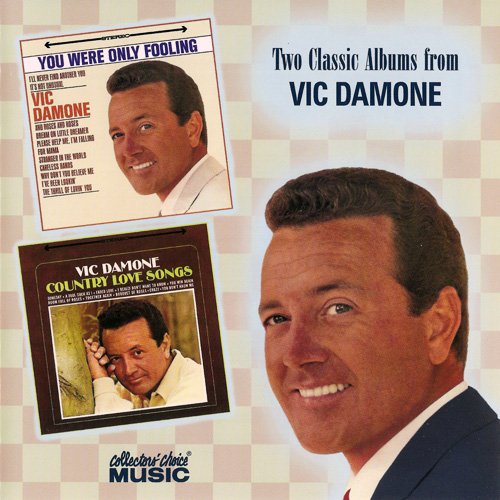
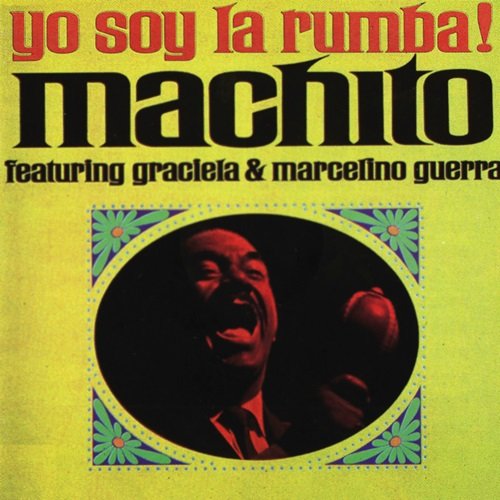
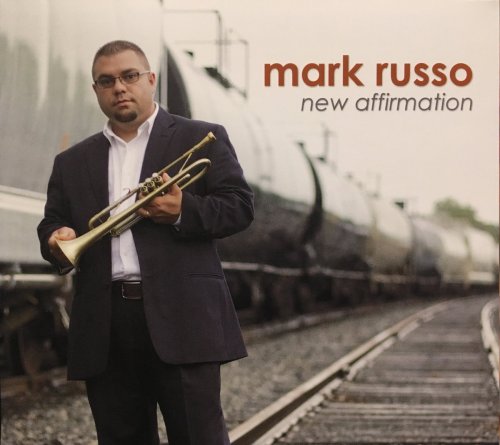
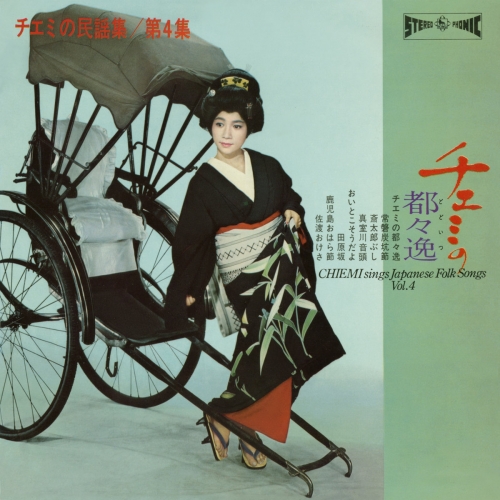

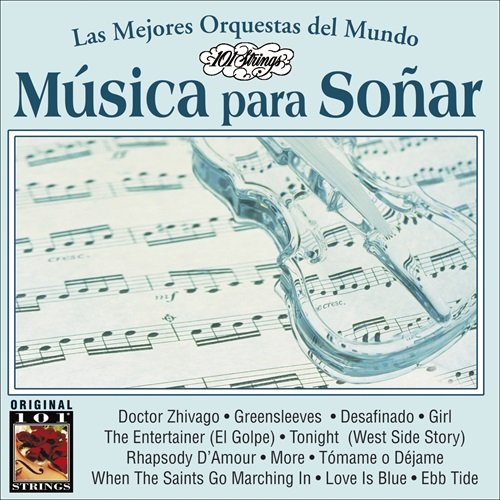
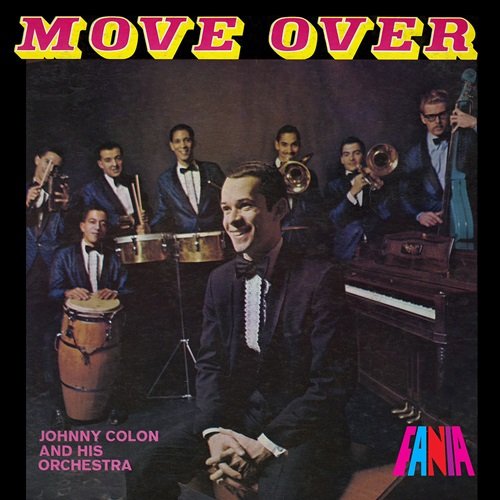
![Dela Hüttner’s SwingThing - Pause for a moment (2026) [Hi-Res] Dela Hüttner’s SwingThing - Pause for a moment (2026) [Hi-Res]](https://www.dibpic.com/uploads/posts/2026-02/1770561049_cover.jpg)
